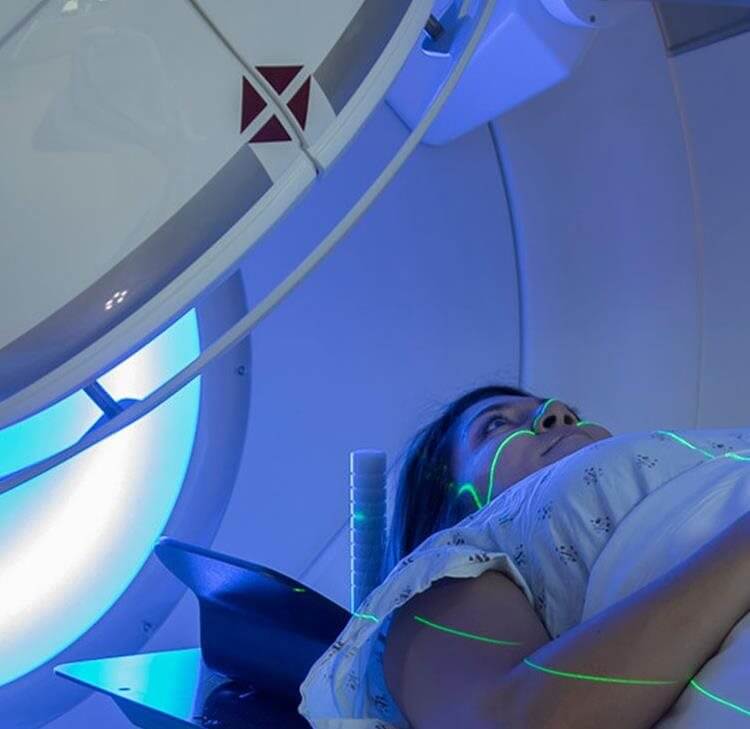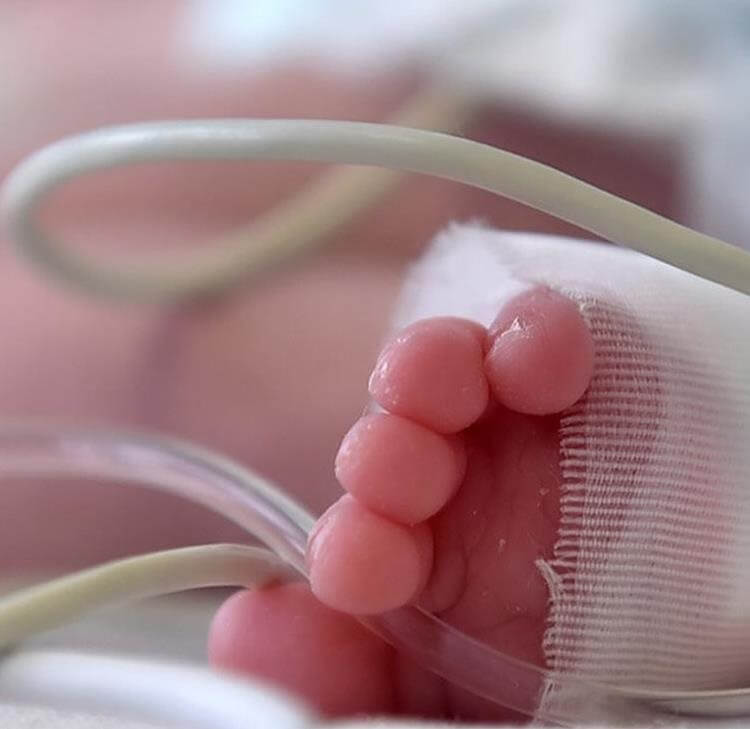Covid-19: When to make a report to the HSE
We have all now experienced to some degree the pace at which change has occurred not only in our daily lives but in the workplace as well.
Please note: the information contained in our legal updates are correct as of the original date of publication
We have all now experienced to some degree the pace at which change has occurred not only in our daily lives but in the workplace as well. Employers will have been familiar with their duties to report certain work place accidents and incidents under the Reporting of Injuries, Diseases and Dangerous Occurrences Regulations 2013 (RIDDOR) before the outbreak of Covid-19. Now, employers must quickly get to grips with understanding when to report issues relating to Covid-19.
In the latest guidance from the HSE employers must now be aware of their obligations to report on the following:
- an unintended incident at work has led to someone’s possible or actual exposure to coronavirus. This must be reported as a dangerous occurrence.
or
- a worker has been diagnosed as having Covid 19 and there is reasonable evidence that it was caused by exposure at work. This must be reported as a case of disease.
The HSE provides as an example of a dangerous occurrence a lab worker accidentally smashing a glass vial containing coronavirus, leading to people being exposed. An example of a work-related exposure to coronavirus would be a health care professional who is diagnosed with Covid-19 after treating patients with Covid-19.
In the examples cited the obligation seems straightforward and clear. But, the HSE has so far provided no guidance on how the obligation relates to those businesses where Covid-19 testing is not available or where employers and employees cannot easily distinguish when, where or how individuals might have contracted the disease.
For example, school teachers, delivery drivers and supermarket workers are regularly required to leave their homes and travel to work, perhaps using public transport. Some people may be carriers without showing any symptoms, in particular children who may even be super carriers of the disease, so who is to say that key worker parents were not just as likely to have contracted the disease from an asymptomatic family member than from exposure whilst at work?
There are similar difficulties with the interpretation of when workers have been diagnosed as having Covid-19. Other HSE guidance in relation to reporting of occupational diseases such as carpal tunnel syndrome suggests that this is diagnosis by a doctor. But in relation to Covid-19 we are being told not to attend at GP surgeries if we are showing any symptoms.
Employers have therefore been left to interpret when someone has been diagnosed with the disease and whether there is reasonable evidence that an employee was exposed to the disease whilst at work. There may yet be further clarity from the HSE and we will keep this under review.
Co-authored by Stephanie McGarry and Andrew Hopkin.
Related expertise
You may be interested in...
Opinion - Maternity services
University Hospital Leicester hold their inaugural Maternity Safety Conference
In Person Event
Navigating your way through high profile sensitive reviews and investigations
Opinion
Junior doctors vote unanimously in favour of strike action
Opinion
Can toilet facilities amount to sex discrimination?
Published Article
Digital Twin Technologies: key legal contractual considerations
Opinion
Consultation launched on minimum ambulance service levels during strike action
Opinion - Maternity services
Changes to redundancy protections for employees post-maternity leave
Legal Update - Shared Insights
Shared Insights: Coroners’ Question Time
Press Release - Careers
Browne Jacobson health lawyer wins major accolade at Made in Manchester Awards
Opinion
BMA issues medical locum rate card for junior doctors
Legal Update
Employee who refused to wear a face mask fairly dismissed
Opinion
New toolkit to support safer recruitment in the care sector
Legal Update
Update on the Digital Services Act (“DSA”) – Important Dates and Deadlines Looming
Legal Update
Green Leases for the NHS
Guide
Government response to the consultation on the Higher-Risk Buildings Regulations
Legal Update
Public matters - January 2023
Published Article
The first 100 days for Integrated Care Boards
Press Release
Browne Jacobson advises Natural England on investigation of ‘first in its kind’ sentenced Devon farmer
Opinion
Menopause and the workplace
On-Demand
Future of Care - Retirement Living webinar
In Person Event
Independent Healthcare In-House Lawyers Forum
Opinion
Government introduces new “anti-striking laws” to be discussed in Parliament
Press Release - Maternity services
Father Christmas comes to University Hospital Coventry and Warwickshire care of Browne Jacobson’s Birmingham Office Community Action Group
Legal Update
Biodiversity Net Gain: positive for nature and an opportunity for landowners
Opinion - Maternity services
The Patient Safety Incident Response Framework (PSIRF) and its impact on maternity services
Legal Update - Shared Insights
Shared Insights: Looking ahead to 2023 – what Health and Care employers need to know
Opinion
Coroner’s refusal to issue a Prevention of Future Deaths Report following death in prison custody inquest was lawful
Published Article
Consumer duty part 3 - 'The drill-down' into the 'cross-cutting' rules
Article
Mental health, eating disorders and placement of young people
Legal Update
LPS consultation and ‘go live’ planning
Opinion
Consultation launched on plans to amend NHS pension rules to bolster NHS workforce
Legal Update
Getting ready to face Industrial Action
Legal Update - Shared Insights
Shared Insights: Prolonged disorders of consciousness
Published Article
How AI and technology can transform the healthcare sector
On-Demand
The UK's green agenda - the outcomes of COP27 and actions since COP26
On-Demand
Insights from the Chief Coroner by His Honour Judge Thomas Teague, KC
Opinion
BMA advises consultants not to accept less than the BMA minimum rate card for extra-contractual work
The BMA is advising all NHS / HSCNI consultants to ensure extra-contractual work is paid at the BMA minimum recommended rate and to decline offers of extra-contractual work that doesn't value them appropriately.
On-Demand
Leadership and lessons learnt during the Pandemic by Professor Jonathan Van-Tam
Opinion
Logistics firm fined for multiple failings leading to asbestos exposure
Logistics company Eddie Stobart has been fined £133,000, after a series of failures which took place whilst excavation work was carried out, exposing its staff to asbestos.
Published Article
Consumer duty part 2 - 'The drill-down' into the 'cross-cutting' rules
This article is the second in a series to help firms take a practical approach to complying with the ‘cross-cutting rules’ within the new ‘Consumer Duty’ (CD) framework. The article summarises what it seems the Financial Conduct Authority (FCA) is seeking to achieve from the applicable rules (section 2 below) and potential complications arising from legal considerations (section 3).

.jpg?variant=HeroImageTabletVariantDefinition)



























